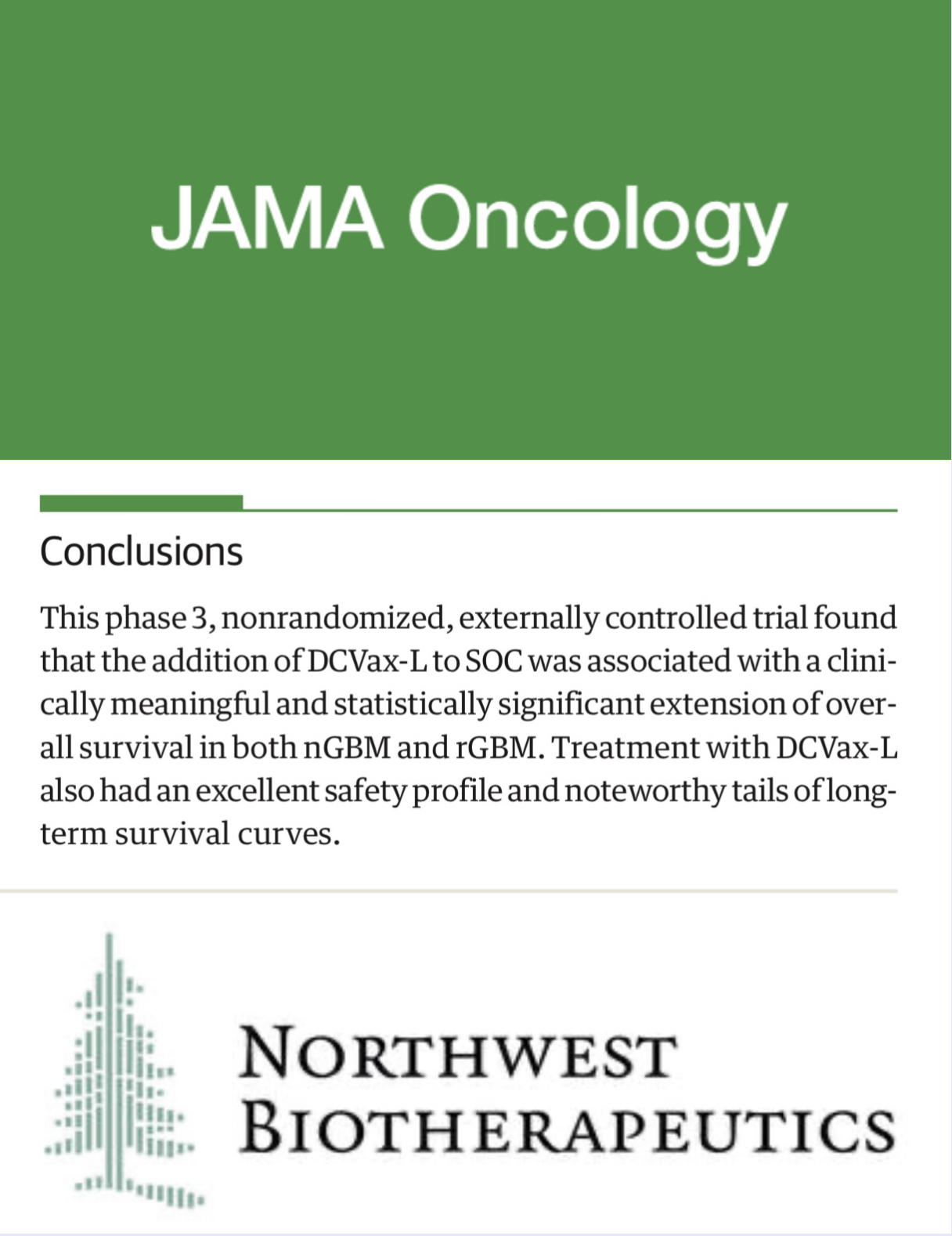Guidelines for Next-Generation Sequencing in Sarcoma Diagnosis and Treatment: A Consensus Review.
IF 20.1
1区 医学
Q1 ONCOLOGY
引用次数: 0
Abstract
Importance Sarcomas comprise a heterogeneous group of malignant neoplasms that include genomically simple (driven by recurrent genetic alterations) and genomically complex (characterized by extensive genomic rearrangements) subtypes. Regardless, sarcomas exhibit a remarkably low mutational burden. In this context, there is a growing demand for the use of next-generation sequencing (NGS)-based technologies to aid in the clinical management of patients with sarcoma. However, a broad, clinically impactful implementation faces inherent challenges associated with their rarity, heterogeneity, and limited molecular understanding. Observations From a diagnostic standpoint, there is a lack of prospective studies comparing up-front, indiscriminate use of NGS fusion panels in all new cases suggestive of sarcoma diagnosis in comparison with a use only indicated by a sarcoma-expert pathologist during the assessment. Therefore, although a significant proportion of sarcomas harbor specific molecular alterations, not all cases require NGS for a definitive diagnosis given that most sarcoma subtypes display classic histologic features. From a therapeutic perspective, current evidence does not support routine clinical use of NGS in all patients with sarcoma due to the small number of actionable alterations and the limited evidence for clinical benefit achieved with NGS-matched treatments. Although certain entities and molecular backgrounds demonstrate potential advantages, the consensus group emphasizes that indication of targeted agents for treatment is largely based on the specific subtype, and therefore, an accurate diagnosis is indispensable. Conclusions and Relevance Evidence supporting the routine, nonselective use of NGS in patients with sarcoma is currently limited. Given the complexity, the decision to perform an NGS panel, as well as the interpretation and use of its results for diagnostic or therapeutic purposes, should take place only in sarcoma-expert institutions, including a multidisciplinary review. The results of multigene panels performed in nonexpert sarcoma centers cannot replace the pathology review or the recommendation of NGS-guided therapies without prior evaluation by sarcoma experts.新一代测序在肉瘤诊断和治疗中的指南:共识综述。
肉瘤由异质性的恶性肿瘤组成,包括基因组简单亚型(由复发性遗传改变驱动)和基因组复杂亚型(以广泛的基因组重排为特征)。无论如何,肉瘤表现出非常低的突变负担。在这种情况下,使用基于下一代测序(NGS)的技术来帮助肉瘤患者的临床管理的需求日益增长。然而,广泛的、具有临床影响的实施面临着与它们的稀有性、异质性和有限的分子理解相关的固有挑战。从诊断的角度来看,缺乏前瞻性研究来比较在所有提示肉瘤诊断的新病例中预先不加选择地使用NGS融合板与仅在评估期间由肉瘤专家病理学家指示使用的NGS融合板。因此,尽管很大一部分肉瘤具有特定的分子改变,但鉴于大多数肉瘤亚型表现出典型的组织学特征,并非所有病例都需要NGS进行明确诊断。从治疗角度来看,目前的证据并不支持在所有肉瘤患者中常规使用NGS,因为可操作的改变很少,而且NGS匹配治疗获得的临床获益证据有限。虽然某些实体和分子背景显示出潜在的优势,但共识组强调靶向药物的适应症主要基于特定的亚型,因此,准确的诊断是必不可少的。结论和相关性目前支持肉瘤患者常规、非选择性使用NGS的证据有限。考虑到复杂性,只有肉瘤专家机构才能决定是否进行NGS小组,以及对其结果的解释和用于诊断或治疗目的,包括多学科审查。在没有肉瘤专家事先评估的情况下,在非专家肉瘤中心进行的多基因小组检查的结果不能取代病理检查或ngs指导疗法的推荐。
本文章由计算机程序翻译,如有差异,请以英文原文为准。
求助全文
约1分钟内获得全文
求助全文
来源期刊

JAMA Oncology
Medicine-Oncology
自引率
1.80%
发文量
423
期刊介绍:
JAMA Oncology is an international peer-reviewed journal that serves as the leading publication for scientists, clinicians, and trainees working in the field of oncology. It is part of the JAMA Network, a collection of peer-reviewed medical and specialty publications.
 求助内容:
求助内容: 应助结果提醒方式:
应助结果提醒方式:


